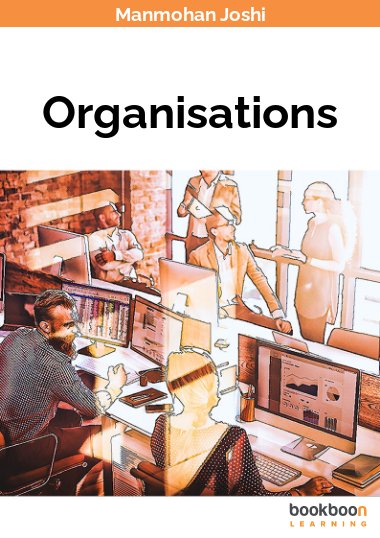Organisations – both formal and informal – are an integral part of our life. They provide us opportunities for a wide variety of engagement e.g. employment, business, social service, entertainment etc. Unless these organisations are set up in a professional manner, they are likely not only to hamper the progress and development both of the organisation and their personnel but will also defeat the very purpose for which they are set up. This book provides a clear insight into the way organisations function – and must function – in order to achieve their long-term objectives.
Dr. Manmohan Joshi, M.A., M.Ed., Cert. EA, Dip. HRD, Dip. Mgmt. (UK), MBA, Ph.D. (Mgmt.), has over 45 years’ teaching, training and administrative experience. He has worked as Principal of large and reputed educational institutions in India, Kuwait and the Sultanate of Oman. For his work on Innovative Practices in Value Education he was awarded by the National Council of Educational Research and Training, India.
He is also the recipient of the Best Teacher Award from the Govt. of Tamilnadu (India) as well as the Central Board of Secondary Education, India.
He has presented papers at various national and international conferences under the auspices of UNESCO. He has also conducted various workshops for teachers, students, parents and administrators. The topics covered a wide area viz., Leadership and Team Building, Value Education, Administration Skills, Career Guidance, Effective Decision Making in Administration, Effective Communication Skills, Interpersonal Relationships, Continuous Comprehensive Evaluation, Skills in Dealing with Managers, Secretarial Skills. He has also authored several books on different subjects.
He has also worked as Acting Chief Executive & Consultant for a reputed Training Institute in the Sultanate of Oman. He is now Head-Content Development at Acharya Education Services, Bangalore, India, and conducts workshops and training programmes for college professors, teachers and teacher educators. He is actively involved in teaching students of MBA, Education and Law.


